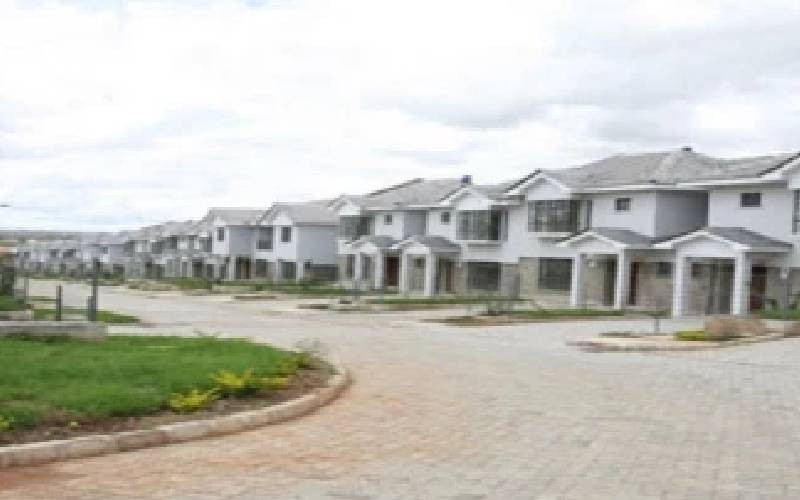×
The Standard e-Paper
Fearless, Trusted News

The construction industry has defied a tough year to register notable achievements with the country registering an influx of projects.
According to the Architectural Association of Kenya's (AAK) Built Environment Report 2023, released last week, the National Construction Authority (NCA) received 4,770 applications from January to October this year. Notably, 70.3 per cent of these applications, totalling 3,354, were successfully registered.